As part of our client review process, we review existing life insurance arrangements and often note that such policies are not subject to a Trust.
Putting a life insurance policy into trust has many benefits, in particular, protecting any pay out from inheritance tax.
I provide a brief overview of Trusts below. If you would like to find out more about writing a Life policy into trust, please contact one of our Financial Planners, who can help you.
What is a Trust?
A Trust is a standalone legal arrangement.
The owner of a Life policy (the Settlor) can arrange a Trust and apply it to their new or existing protection policy. Once applied, the proceeds of any future claim will be paid into the Trust, rather than to the beneficiaries of the estate directly.
The Settlor can select Trustees, and in the event of a claim, the Trustees will distribute any proceeds to beneficiaries either immediately or at a later date.
How do I arrange a Trust for my life policy?
This is straightforward. Most insurers can provide trust arrangements for their policies and we can advise on which Trust is most appropriate. We can help you with the paperwork and outline the main considerations, such as appointing suitable trustees and beneficiaries.
In certain instances, it may be appropriate for a solicitor to arrange a Trust for you.
Why would I want to put my policy into a Trust?
- To avoid inheritance tax. If the policy is not placed in trust, it is possible that the proceeds will be subject to inheritance tax. The proceeds from a policy held in trust should not form part of a deceased person’s estate for inheritance tax purposes and there may be a significant inheritance tax saving.
- To avoid Probate. If a policy is not placed in trust, the proceeds will not be distributed to beneficiaries until Probate has been granted, which can take time. If the proceeds are paid into trust, probate is not required and proceeds can be distributed to beneficiaries much sooner.
- Keeping control. If a policy is not subject to trust, the proceeds may not be distributed in accordance with the wishes of the policyowner. A Trust arrangement means that after a claim, the trustees can consider what the best options are in terms of distribution and can distribute proceeds accordingly.
What types of Trusts are there?
The two main types of life insurance trust are Absolute and Discretionary:
Absolute Trust: You will select beneficiaries at outset and you cannot usually make any changes to the beneficiaries or their share, once the Trust is in force.
Discretionary Trust: these are more flexible. You do not need to nominate beneficiaries and their share at outset.
I wish to review my existing life policy and Trust arrangements?
If you would like us to carry out a review or just have a general chat around estate planning and protection, please do not hesitate to contact one of our Financial Planners.
NLP Financial Management Limited is authorised and regulated by the Financial Conduct Authority – FCA. The FCA does not regulate trust advice.








